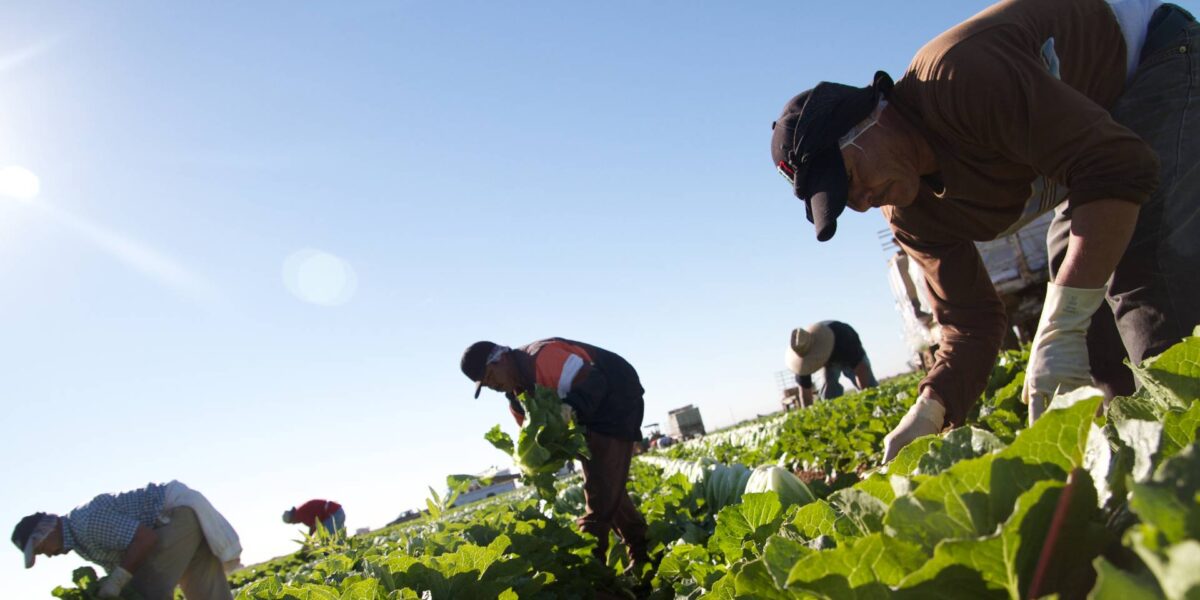Anyone who has worked in Canada through a closed work permit since 1982 could be impacted by a constitutional class action that is currently before the Superior Court of Quebec. The lawsuit, launched by the Association for the Rights of Household and Farmworkers (RHFW), is seeking compensation for migrant workers who have suffered under this controversial work permit.
Gabriela Allahdua, a former farmworker and prominent migrant worker activist, now works with RHFW and said this lawsuit is a manifestation of two decades of work. He said this lawsuit is a chance to force the government to address the root cause of the exploitation experienced by migrant workers.
“Everything else that has happened in the past, they were Band-Aid solutions,” Allahdua said.
The lawsuit was authorized in September and has garnered a large amount of support. During authorisation hearings, RHFW said there was a large turnout of supporters both online and in-person.
“RHFW seized the opportunity of the authorization hearing to continue its work of raising public awareness about the on-going violations of migrant workers’ fundamental rights in Canada,” a newsletter from the organization reads.
A recent report by Amnesty International found abuse is systemic in Canada’s Temporary Foreign Work Program. The report notes that workers will be vulnerable to exploitation as long as the employer-tied work permit persists. Amnesty’s report echoes findings from a UN special rapporteur who said Canada’s the foreign work program is a “breeding ground” for modern forms of slavery.
“The right to change employers is a long-standing priority for the association, but reform does not seem to be possible through political channels,” said Hannah Deegan, outside counsel for RHFW. “The Charter guarantees the right to equality, and the right not to be deprived of life, liberty or security of the person, except in accordance with the principles of fundamental justice. It’s the Court’s role to uphold those rights when Parliament fails to do so.”
Allahdua said the lawsuit has provided some hope, but the work is not only happening around the lawsuit. In the coming month, RHFW will consult with workers and civil organizations so they can put forward an alternative to replace the closed work permit.
“We want it to be something that respects basic human rights and dignity. Something that is fair where somebody can assert their rights and live their life with freedom and dignity,” Allahdua said. “Without hindrance, without fear people can access things that we are denied.”
Allahdua said the rising anti-immigrant sentiment in Canada has crossed his mind while doing this work. But rather than letting this scare him, Allahdua said it is helping people to recognize the necessity of community care.
He said the environment RHFW is working in may be hostile right now, but workers can unite to create better conditions.
“A better day is on the horizon,” Allahdua said. “The whole program, it has a lot of fear tied up in it. To have something that will present hope, that is amazing.”



